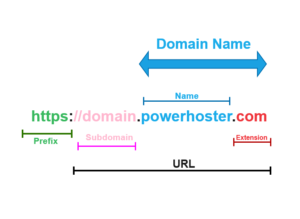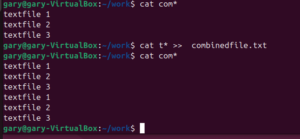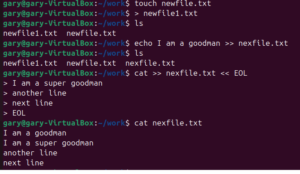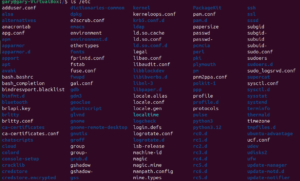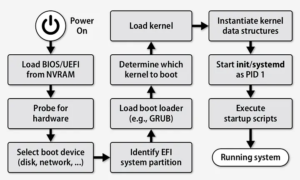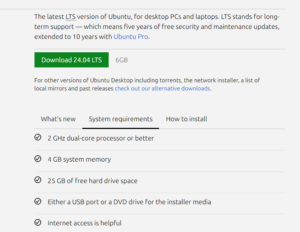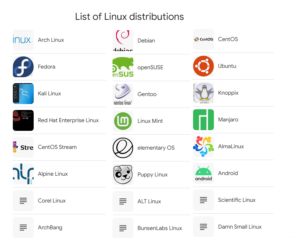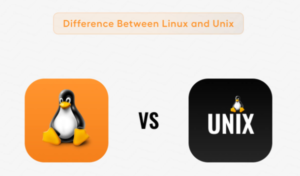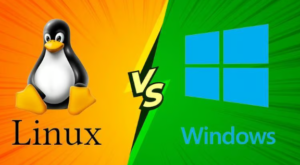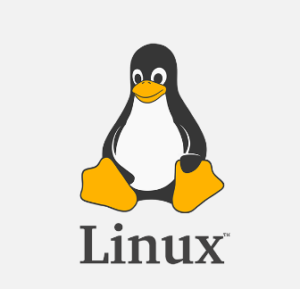You may use any command-line text editor such as vi (or vim), nano (or pico), to edit the files. As long as the automatic option…
A DNS PTR record (Pointer Record) is used for reverse DNS lookups. Unlike the typical DNS query where you convert a domain name into an…
Like all Linux distros, it’s important to keep your CentOS system up to date in order to make sure that you have the latest security…
Here are some frequently asked questions (FAQs) about web hosting along with their answers: 1. What is web hosting? Web hosting is a service that…
Domain Name Registration Tutorial Step 1: Choose a Domain Name Brainstorm Ideas: Think of a name that is relevant to your website’s content or business.…
What Is Web Hosting? Types of Web Hosting Technical Support Domain Names Website Availability Website Monitoring Database Access FTP Here’s how to host your…
Save my name, email, and website in this browser for the next time I comment. How to remove above checkbox ? In your comment setting,…
One of the fundamental aspects of working with Linux and Unix-like operating systems is understanding case sensitivity. This feature significantly impacts how you interact with…
The cat command in Linux is a versatile and frequently used utility for working with text files. It derives its name from “concatenate” and is…
In Linux, you can create a file using redirection by redirecting output from a command to a file. This is a quick and efficient way…
When working in a Linux system, navigating through files and directories is a common task. To access a file or directory, you need to specify…
Understanding the file system hierarchy in a Linux system is crucial for navigating and managing files effectively. The Linux file system follows the Filesystem Hierarchy…
The Linux command line is a versatile tool that provides powerful ways to manage files, execute programs, and control the system. Understanding basic commands and…
The Linux boot and startup processes are complex and involve several stages. Here’s a detailed overview of how they work: 1. BIOS/UEFI Initialization When a…
Installing Ubuntu in VirtualBox involves several steps. Here’s a detailed guide to help you through the process: System Requirement for Ubuntu Desktop 24.04 LTS…
What is VirtualBox? Virtual Machine abstracts the hardware of our personal computers such as CPU, disk drives, memory, NIC (Network Interface Card), etc, into many…
Linux distributions, often referred to as “distros,” are operating systems based on the Linux kernel. They bundle together the Linux kernel with a collection of…
Linux and Unix are closely related operating systems, but they have distinct differences in terms of their development, usage, and features. Here’s a detailed comparison…
Linux and Windows are two of the most widely used operating systems (OS), each with its own set of features, benefits, and drawbacks. Here’s a…
Linux differs from other operating systems in several key ways, ranging from its open-source nature and licensing to its architecture, flexibility, and community-driven development model.…




